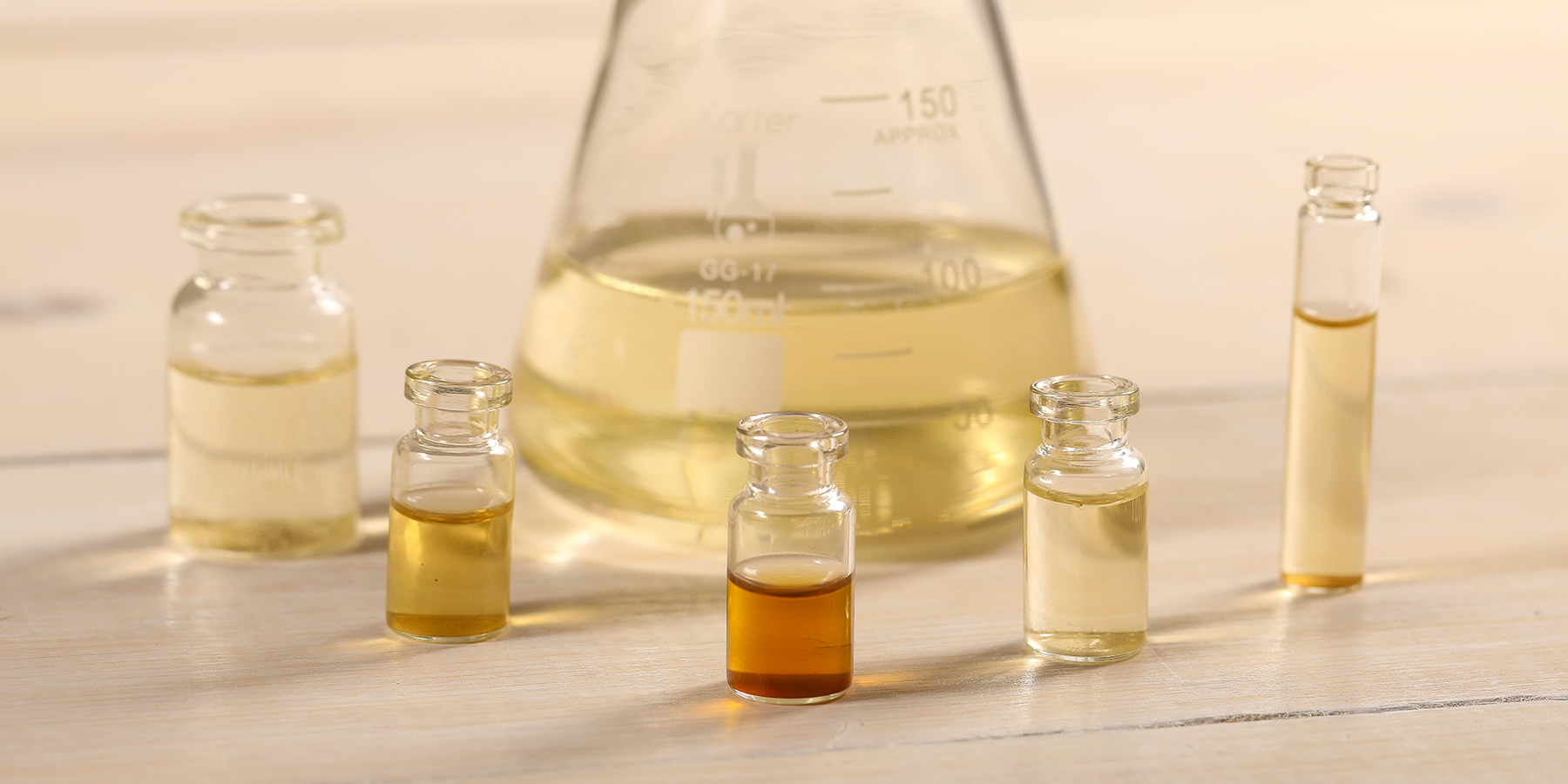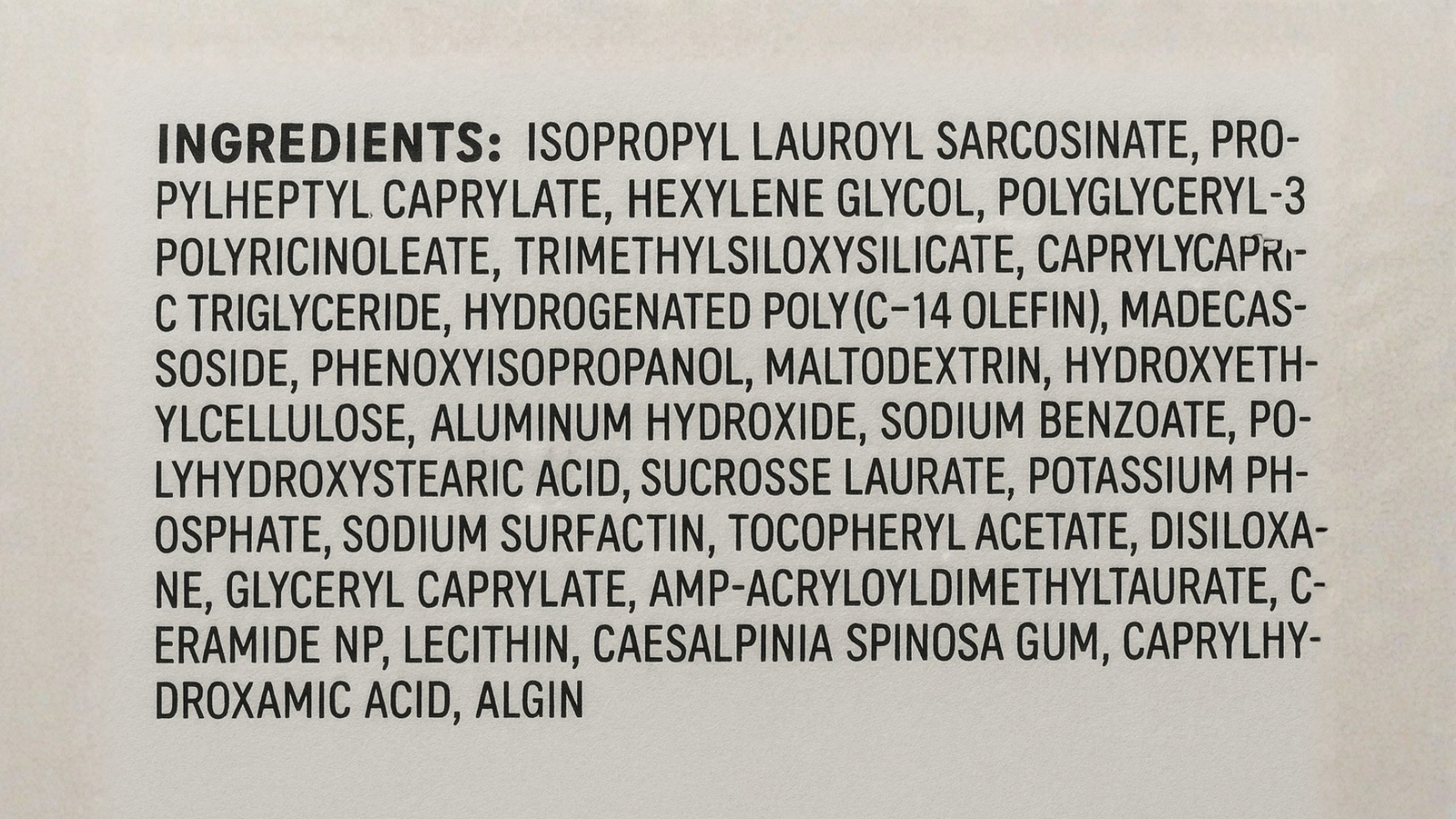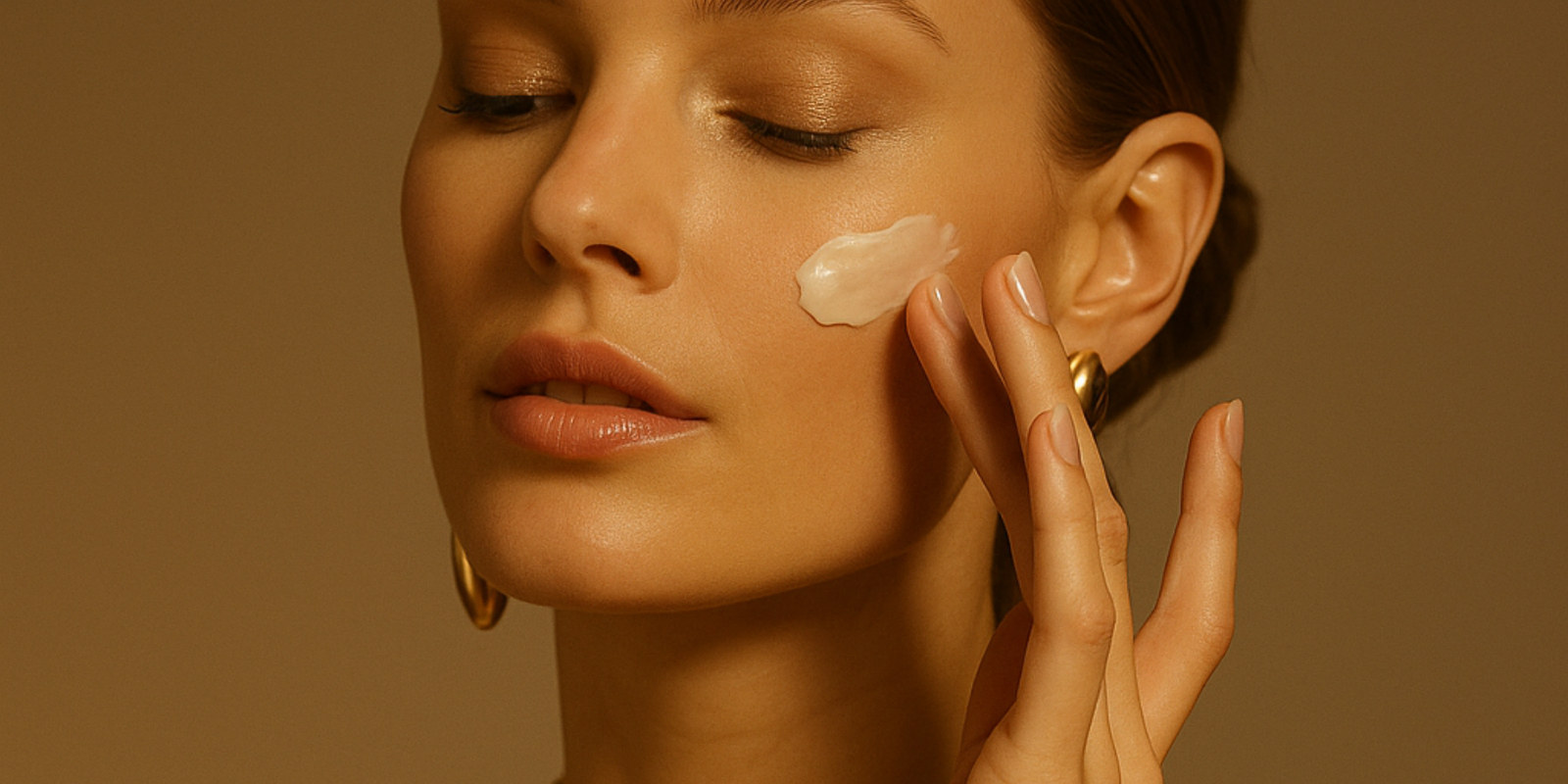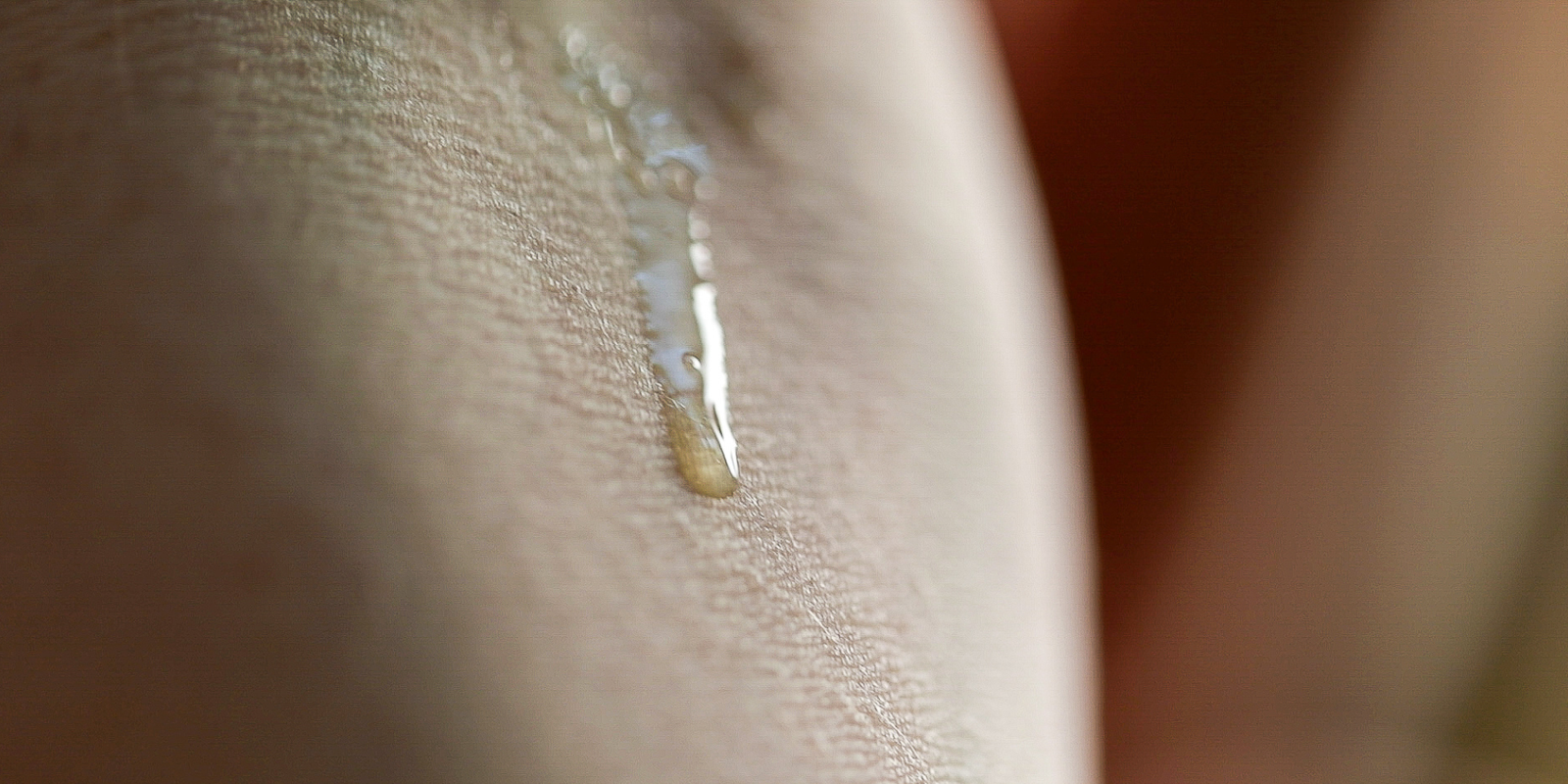EWG Verified & Leaping Bunny Certified | Free Gift $200+
EWG Verified & Leaping Bunny Certified | Free Gift $200+
Are Essential Oils Safe For Your Skin?

Are Essential Oils Safe For Your Skin?
Introduction.
The topic of essential oils and their safety for your skin is a hotly debated one. Many people either attribute essential oils as being ‘woo’ or irritating to the skin. However, when used correctly, they can be extremely beneficial for your skin. I am a firm believer in their benefits, and in this post, I will explain why and how to select the correct essential oils for your skin.
What is an essential oil?
Essential oils are not actually oils but volatile organic compounds extracted from plants. These compounds are what plants produce to grow, protect, and repair themselves. They are called essential oils because they contain the ‘essence’ of the plant and often retain its natural scent.
An interesting fact to note is that many synthetic skincare ingredients are lab-created chemicals mimicking compounds found in essential oils!
The history of essential oils.
Essential oils have been used for thousands of years in various cultures for medicinal and health purposes. Ancient Egyptians used lavender, cedarwood, and rose. Traditional Chinese and Indian medicine used myrrh and sandalwood, and Greek history includes the use of thyme and peppermint. Essential oils have been prevalent throughout all of our recorded history and are still used to this day.
How many essential oils are there?
There are approximately 100 different essential oils, and more if you count the different species varieties that a single plant can produce. For example, Frankincense is the broad term for an essential oil derived from the Boswellia tree; however, there are around 20 different species of Boswellia!
Is there a difference between essential oils?
Every essential oil has a completely different chemical composition, which gives each oil a unique set of features and benefits. These chemical compounds are generally divided into seven categories: Alcohols (antiseptic/antiviral), Aldehydes (anti-infectious but reactive to the skin), Esters (anti-fungal/calming), Ketones (stimulate cell regeneration, some may irritate the skin), Phenols (stimulating, high doses can cause skin irritation), Oxides (oxygenating), and Terpenes (detoxifying).
An essential oil that contains high levels of Aldehydes and Phenols, such as Oregano oil, could potentially be very irritating to the skin, while an essential oil that contains mostly Esters, like Lavender, would be non-reactive and soothing.
I notice that people tend to group all essential oils together when discussing their effect on the skin, but there is so much nuance to them, and grouping all essential oils together as ‘good’ or ‘bad’ does not make sense.
What do essential oils do to your skin?
Every compound in an essential oil does something unique for your skin. For example, antibacterial, anti-fungal, and anti-inflammatory compounds (often Alcohols, Esters, and Terpenes) have the ability to treat acne, irritation, redness, etc.
On the other hand, compounds that increase cellular turnover (like low-level Ketones and Phenols) can help with issues such as fine lines, hyperpigmentation, and dull skin.
Essential oils have an extremely small particle size, which allows them to penetrate very deep into the skin to target a wide range of skin issues. As I previously mentioned, many synthetic skincare ingredients are lab-made versions of the compounds that naturally occur in essential oils. If you choose skin-safe essential oils that target your skincare concerns, you can achieve amazing results naturally.
Are all essential oils safe for the skin?
While essential oils can be extremely beneficial, it's important to remember that not all essential oils are safe for the skin. Some essential oils contain high levels of compounds that can be irritating to the skin.
For example, citrus oils like lemon, orange, bergamot, grapefruit, and lime contain high levels of the compound Limonene, which causes skin irritation/contact dermatitis for most people. Additionally, these citrus oils contain a compound called Furanocoumarin that reacts to sun exposure and causes inflammation and hyperpigmentation. I always suggest avoiding citrus oils on the skin for this reason.
Similarly, spicy oils like cinnamon, clove, thyme, and oregano contain high levels of Phenols; while low doses of Phenols can potentially be beneficial, oils containing high amounts will cause redness and irritation.
What essential oils are good for your skin?
On the other hand, there are plenty of essential oils that contain skin-safe levels of compounds that can soothe, repair, and protect your skin. When I formulate skincare products, the first thing I do is to choose ingredients that are proven safe and effective for skincare. Lavender, Sandalwood, Frankincense, Cedarwood, Vetiver, Valerian, Oud, and Rose are the essential oils that we use in our Flora Mirabilis products because there are multiple studies backing their safety and efficacy.
Other essential oils that are good for your skin are Geranium, Chamomile, Tea Tree, Carrot Seed, Neroli, Ylang Ylang, and Helichrysum.
How to incorporate essential oils into your skincare routine.
To incorporate essential oils into your skincare routine, you can purchase high-quality oils that are appropriate for your skin and then mix them into a carrier oil. Click here to learn more about carrier oils and how to choose the best ones for your skin. It is extremely important to never apply essential oils directly to your skin! Because they are so concentrated, they must always be diluted to no more than 2% of a formula. A good rule of thumb for making your own blends is to add 12 drops of essential oil per ounce of carrier oil. This will give you approximately a 2% blend, however the most accurate way is to measure everything by weight. For example, if you wanted to make one ounce of finished product (~28 grams), you would add 27.44 grams of carrier oil and 0.56 grams of essential oil and use a scale to weigh it out.
Alternatively, you could choose skincare products that already contain essential oils to get the benefits without having to do all the work of mixing your own formulas. Check the back of skincare labels and inquire whether or not a product uses skin-safe essential oils. As I mentioned previously, we only use skin-safe essential oils that are effective at treating a wide range of skin concerns and, most importantly, have proven safety records in our Flora Mirabilis products. Click here to shop our Holy Grail Face Oil, which uses Sandalwood (brightening/evens out pigmentation), Frankincense (redness/irritation/acne relief), Lavender (skin soothing/calming), Rose (firming/brightening) and Oud (treats fine lines and dull skin). Click here to shop our Fountain Of Youth Cleansing Clay, which uses Vetiver (regenerative/brightening), Frankincense (redness/irritation/acne relief), Lavender (skin soothing/calming), Cedarwood (redness relief/cleansing), and Valerian (targets fine lines and inflammation).
In conclusion, while essential oils can be an extremely beneficial addition to your skincare routine, it's important to use them safely and appropriately, and always make sure to do a patch test before using a new essential oil!
Also in Apotheca Edit

The Hidden Cost of Fillers: You’re Paying for Ingredients That Irritate Your Skin
Many skincare products rely on “filler” ingredients—fragrance, dyes, and texture agents that offer no real skin benefit and may contribute to irritation. Learn how to spot them and choose formulas built only with active, purposeful ingredients.

The Dangers of Designer Skincare
The price tag of luxury skincare doesn’t mean rare ingredients and better results. Many designer formulas prioritize packaging gimmicks and prestige over true skin health—often using silicones, synthetics, and preservatives that quietly damage your skin barrier. Learn about label transparency and why “premium” isn’t always better to reveal what skin nourishment really looks like.

The Top 10 Best (And Worst) Oils to Use On Your Face
I get asked all the time about using oils like avocado, olive, and coconut on the face—and the truth may surprise you. Not every “natural” oil is good for your skin. In this post, I break down the best and worst oils to use, what their comedogenic ratings really mean, and how to choose the ones that will actually nourish your skin instead of clogging it.
Subscribe
Sign up to get the latest on sales, new releases and more …
Reviews
See why 1000's have simplified their skincare with Flora Mirabilis.
